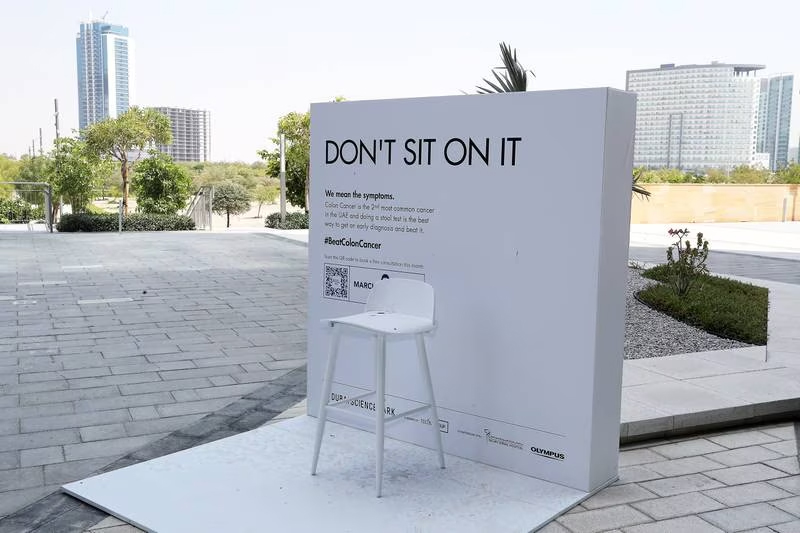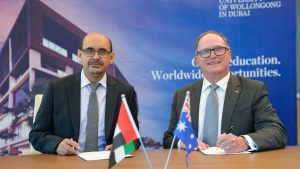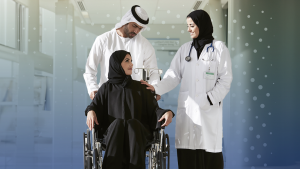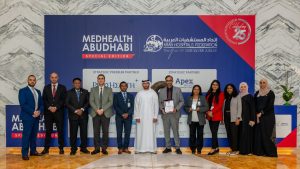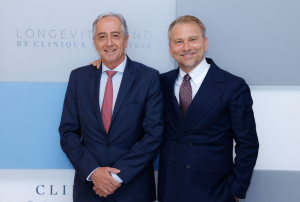Prologue
Cancer health literacy is crucial for the early detection, prevention, and successful management of cancer in any population. In the United Arab Emirates (UAE) and the broader Arab region, improving cancer health literacy is essential to address the growing cancer burden. This article sheds light on the concept of cancer health literacy, its causes, and the necessary steps to enhance cancer health literacy in the UAE and the Arab region.
Understanding Cancer Health Literacy
Cancer health literacy refers to an individual’s capacity to obtain, process, and understand basic cancer-related information and services to make informed decisions about their health. This encompasses knowledge about the various types of cancer, risk factors, prevention methods, screening, and treatment options. High cancer health literacy empowers individuals to take an active role in their health, leading to better health outcomes and reduced cancer-related mortality.
Causes of Low Cancer Health Literacy in the UAE and the Arab Region
Limited access to reliable information: The availability of accurate, culturally-sensitive, and easily understandable cancer-related information in the Arab region is scarce. Many people rely on informal sources, like friends and family, leading to the spread of misinformation and misconceptions.
Cultural barriers: Cultural norms, beliefs, and stigma often prevent open discussion about cancer in Arab societies, resulting in misinformation and delayed help-seeking behavior. Taboos surrounding certain types of cancer, such as breast and cervical cancer, hinder awareness and early detection efforts.
Language barriers: Most of the health information is available in English, making it difficult for non-English speakers toaccess and understand vital medical information and services.
Key Strategies to Enhance Cancer Health Literacy
To improve cancer health literacy in the UAE and the Arab region, a multi-faceted approach is necessary to address the various challenges and barriers that exist. The following strategies can be employed to enhance cancer health literacy:
Culturally-sensitive health education: Tailoring health education materials to the local culture, language, and context can help make the information more accessible and engaging for the target population. This includes developing content in Arabic and incorporating culturally-specific examples and imagery. Educational campaigns should target not only patients but also the general public, family members, and caregivers.
Community outreach programs: Collaborating with community leaders, religious institutions, and non-profit organizations can help bridge the gap between healthcare providers and the community. These partnerships can facilitate culturally-sensitive health education programs, support groups, and awareness campaigns, which can be vital in breaking down cultural barriers and stigma surrounding cancer.
Training healthcare professionals: Healthcare providers play a crucial role in disseminating accurate and timely cancer-related information to patients and their families. By improving their communication skills and cultural competence, healthcare providers can better support individuals in understanding complex cancer-related information and making informed decisions about their health.
Utilizing digital platforms: The widespread use of smartphones and the internet in the Arab region presents an opportunity to leverage digital platforms for cancer health education. Developing mobile applications, websites, and social media campaigns in Arabic can help reach a larger and more diverse audience and increase awareness and knowledge about cancer prevention and treatment.
Author:
Prof.Humaid O. Al-Shamsi
President, Emirates Oncology Society.
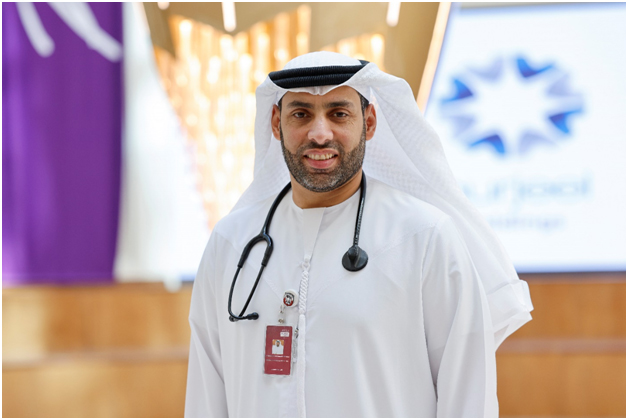
Prof. Al-Shamsi is a renowned oncologist and the director of oncology services at Burjeel Holding UAE and Burjeel Oncology in GCC, president of the Emirates Oncology Society, and lead of the Gulf Cancer Society. He is a full professor of oncology at the University of Sharjah and the first Emirati to receive this promotion in oncology in the UAE. He has published over 100 peer-reviewed articles in prestigious journals and has authored two books, one of which is the first book about cancer research in the UAE and the Arab world. He has received numerous awards for his exceptional leadership, research, and volunteering.

